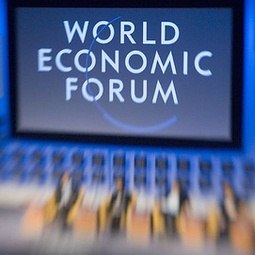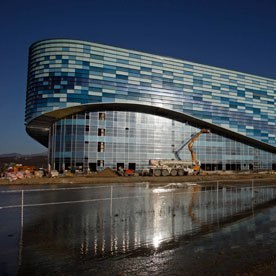(The Moscow Times) Recent events in Ukraine and the differences between its east and west force us to take a new look at the role regions play in the process of political and societal development.
In Russia — which is at least a de jure federal state — the regions play a potentially major role in both the political and economic spheres. That was demonstrated at the recent Davos World Economic Forum, where the Russian delegation included a number of regional heads, including Anatoly Artamonov (Kaluga), Vladimir Gruzdev (Tulsk), Lev Kuznetsov (Krasnoyarsk), Rustam Minnikhanov (Tatarstan) and Sergei Morozov (Ulyanovsk). The World Economic Forum's working group, led by former Finance Minister and Yale University professor Aleh Tsivinski, presented its report "Russia's Regions: Drivers of Growth: 4×4" at Davos.
That report was a continuation of the "optimistic" scenario begun at last year's Davos conference. It suggests that Russia can break free from the negative cycle caused by dependency on oil income and the country's weak institutions if individual regions take the initiative to improve their investment climate.
Drawing on the World Bank's Doing Business report, the authors identified the most attractive Russian regions for doing business: the Ulyanovsk, Mordovia, North Ossetia, Rostov, Tatarstan and Kaluga regions. In setting the stage for the report, WEF founder Klaus Schwab said, "Russian regions may be important actors in driving these institutional reforms and ultimately leading to fast and sustainable economic growth across the country. Some regions already perform better than the country overall in improving conditions for business and in terms of their growth performance." […]
Read the full article © The Moscow Times










